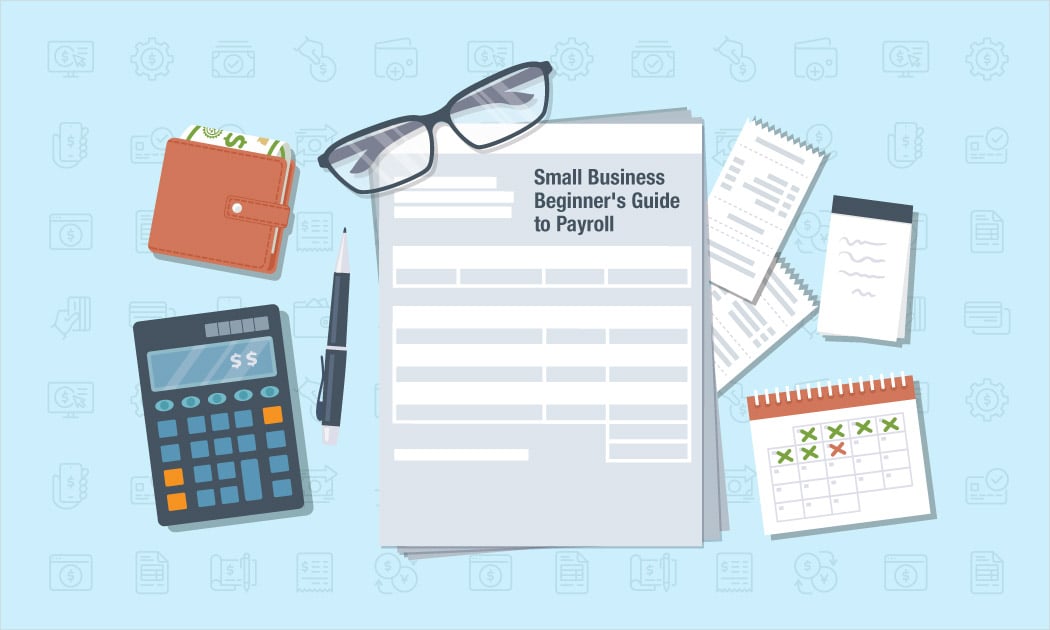The Payroll Blog
News, tips, and advice for small business owners
- Home
- Resources
- Payroll Blog
- What is the Fair Labor Standards Act?
What is the Fair Labor Standards Act?
The Fair Labor and Standards Act (FLSA) was passed in 1938 to set practices that business owners need to follow to treat employees fairly and ensure they are working in safe conditions.

The FLSA covers minimum wage requirements, overtime pay, recordkeeping, and child labor standards, affecting employees in the private sector and in federal, state, and local governments. To check out everything you need to know about FLSA, the Department of Labor has a handy reference guide, but we will recap the top things you should know below.
Minimum Wage and Overtime
The FLSA is responsible for setting the federal minimum wage. As of 2019, the federal minimum wage is $7.25 for non-exempt employees and must be paid one and a half times their regular pay when they work more than 40 hours in a week. Additionally, any wages required by the FLSA are due on the regular payday for the period covered. This is just reminding you that you have to pay your employees the amount they earned on the proper payday in your payroll schedule.
Recordkeeping Requirements
By now you know that being a small business owner involves a lot of paperwork. The FLSA has two recordkeeping requirements that you must adhere to. The first is displaying an FLSA poster in your work location, in a place that employees can see it. The FLSA poster should join other workplace posters that you are required to display in your small business. The second recordkeeping requirement set by the FLSA is that businesses must keep track of certain employee information, including hours worked and payment information.
Federal Child Labor Laws
Ensuring the safety of child workers is a priority of the FLSA. Business owners who employ workers under the age of 18 have additional guidelines they must follow including the number of hours they can work in a week, payment, and the types of jobs minors are allowed to work. Additionally, minors shouldn’t be doing any hazardous work or have a job that negatively interferes with their health or education.
What the FLSA Does Not Cover
While the FLSA is responsible for minimum wage, and the protection of employees, there are a few things that the FLSA does not mandate, which means these items fall at the discretion of the business owner:
- Vacation, holiday, severance, or sick pay;
- Meals or breaks;
- Higher pay for weekend or holiday shifts;
- Pay raises or fringe benefits;
- Discharge notice, the reason for discharge, or immediate payment of final wages to terminated employees.
Note: In terms of the final employee paycheck, there may be state rules you have to follow.
Bottom Line
Knowing everything the FLSA consists of is important to keep both you and your small business employees safe. Since there are some misconceptions on the subject, such as vacation and sick days, it’s important to stay aware of the requirements you need to follow as a business owner.
Related Blog Posts
View Our Plans and Pricing
Small Business Is Our Business.
This website contains articles posted for informational and educational value. SurePayroll is not responsible for information contained within any of these materials. Any opinions expressed within materials are not necessarily the opinion of, or supported by, SurePayroll. The information in these materials should not be considered legal or accounting advice, and it should not substitute for legal, accounting, and other professional advice where the facts and circumstances warrant. If you require legal or accounting advice or need other professional assistance, you should always consult your licensed attorney, accountant or other tax professional to discuss your particular facts, circumstances and business needs.



